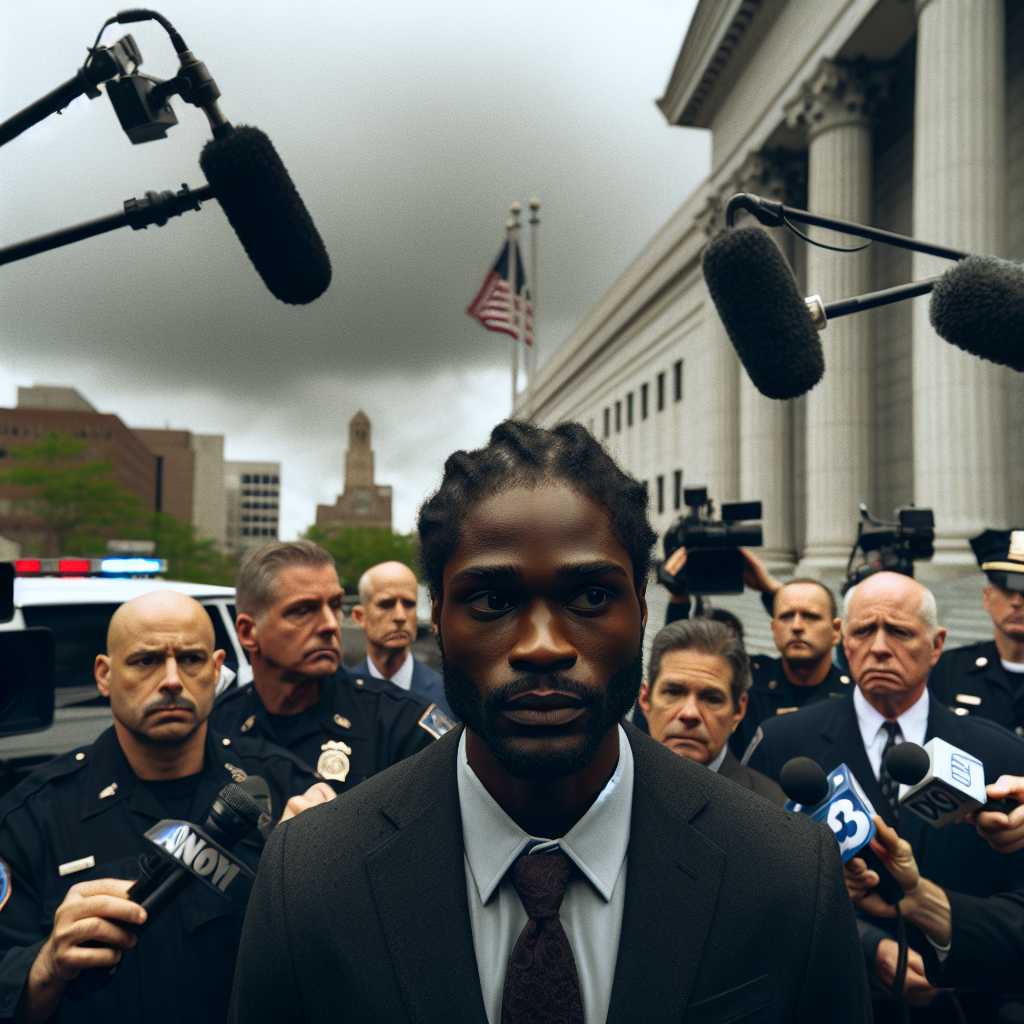The Jussie Smollett Case: A Timeline of Events and Legal Proceedings
Jussie Smollett, an actor best known for his role on the television series “Empire,” became a widely recognized name not just for his performances but for a high-profile incident that led to complex legal proceedings and heated public discourse. In 2019, the actor reported being the victim of a hate crime, an attack that was later alleged by authorities to have been staged by Smollett himself. This article provides a detailed timeline of the events and the legal battles that ensued, reflecting all perspectives without taking any position on the guilt or innocence of Smollett.
The Incident and Immediate Aftermath
In January 2019, Jussie Smollett filed a police report claiming he was attacked by two masked individuals who used racial and homophobic slurs against him late at night on the streets of Chicago. The initial public reaction was an outpouring of support for the actor amid widespread condemnation of the attack as a deplorable act of violence driven by hate. Various celebrities, politicians, and advocacy groups voiced their solidarity with Smollett.
Investigation Developments
Within weeks, contradictions and questions began to arise about Smollett’s account of the incident. The Chicago Police Department’s investigation led them to two brothers, Ola and Abel Osundairo, who claimed that Smollett had paid them to stage the attack. This major turn in the investigation shifted public opinion and introduced complexity to what was initially perceived as a clear-cut case of a hate crime.
The findings suggested layered motives related to Smollett’s dissatisfaction with his salary and a desire to promote his career. As these allegations came to light, attitudes towards the validity of Smollett’s initial claims grew increasingly skeptical.
Legal Proceedings and Public Debate
Following extensive investigations, Jussie Smollett was indicted on multiple charges including filing a false police report. His legal team adamantly maintained his innocence while the state’s attorneys presented what they described as overwhelming evidence of a hoax.
As the case proceeded, it fueled national conversations around several sensitive issues, including hate crimes, media ethics, racism, homophobia, and trust in the criminal justice system. The political neutrality surrounding facts and opinions became harder to maintain amid polarized public debate.
The complexity grew when circumstances surrounding the handling of the case by the Cook County State’s Attorney’s office, under Kim Foxx’s leadership, led to scrutinies about potential preferential treatment and prosecutorial efficiency. At one point, all charges against Smollett were dropped in a move that shocked observers and drew criticism from various angles, including then-Mayor Rahm Emanuel and then-police superintendent Eddie Johnson.
Nevertheless, new developments emerged as Smollett faced fresh indictment in early 2020, with special prosecutor Dan Webb bringing up charges after a reexamination of the case.
Trial Outcomes and Legal Implications
The final chapters of Smollett’s legal saga came with trial proceedings resulting in conviction on several counts related to lying to police. Even though he proclaimed innocence throughout, he was sentenced—with debates lingering over the jurisprudential decisions shaping this consequential verdict.
Advocates for Smollett questioned whether he was unjustly convicted or if defamation against him overshadowed reasonable doubt. On the other hand, critics saw the conviction as just accountability for orchestrating a fake crime that wasted resources and diverted attention from real victims.
